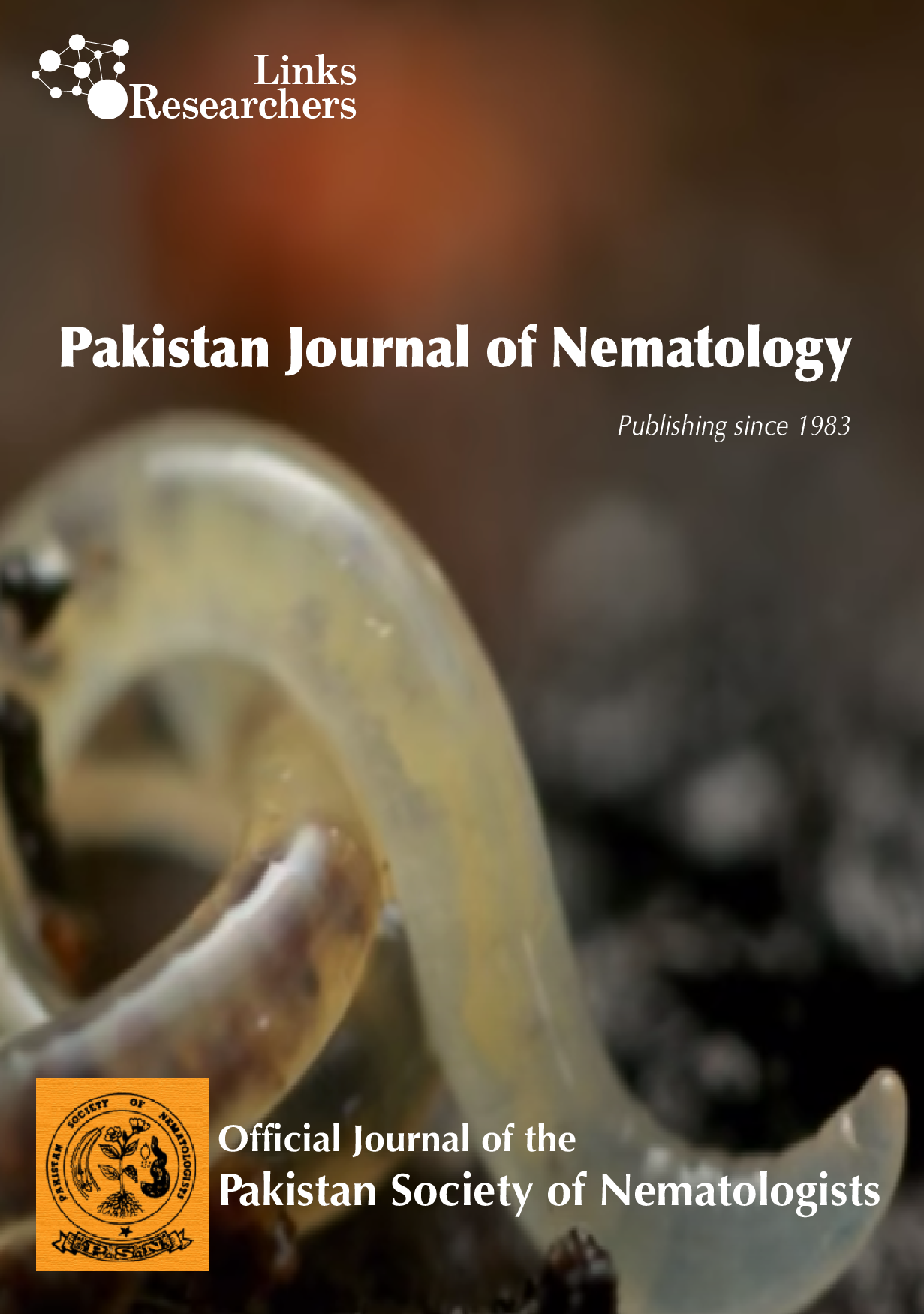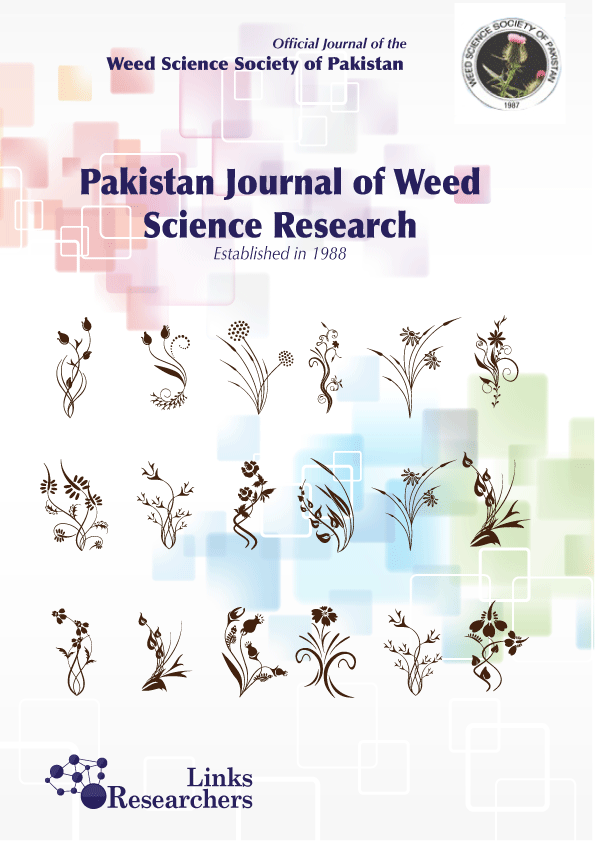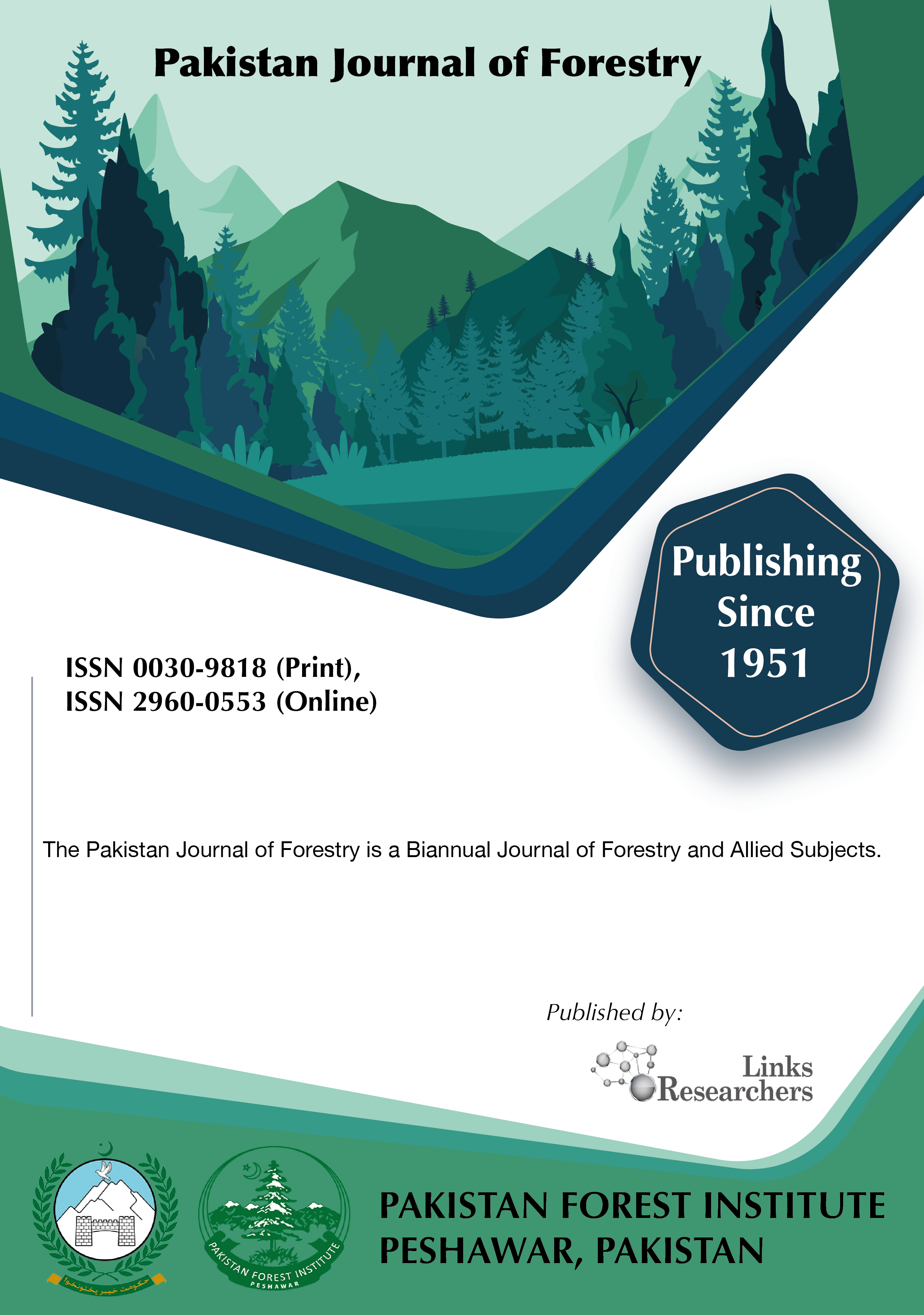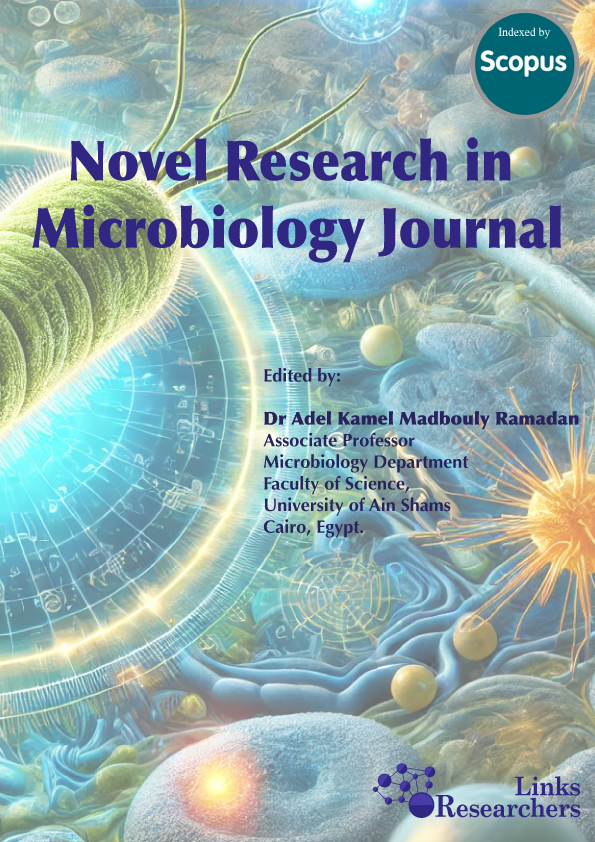Syeda Farzana Bibi* and Siraj ud Din
A.A. Anter, A.W. Amin†, A.H. Ashoub* and A.S. El-Nuby*
Masoumeh Younesabadi1*, Parviz Sharifi Ziveh2 and Sepideh Hatami3
Adel K. Madbouly
Mai A. Mwaheb1; Laila R. Abd Al Halim2; Tarob A. Abdel-Baset3; Nada F. Hemeda4*








